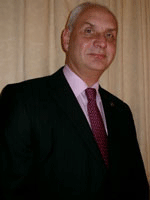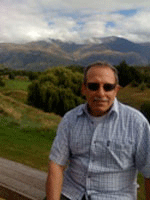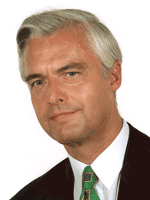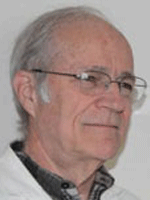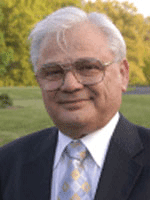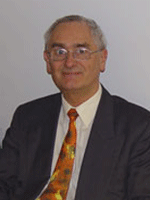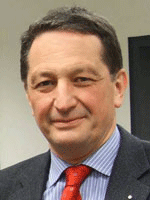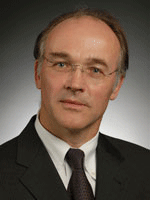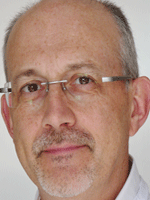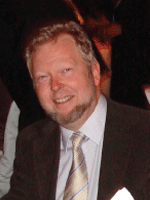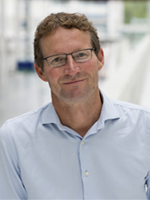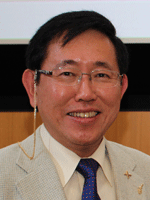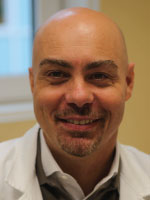Welcome from the President
Dear colleagues and friends,
Welcome to the International Association of Therapeutic Drug monitoring and Clinical Toxicology.
The purpose of our Society is to foster the pursuit of knowledge and the advancement of therapeutic drug monitoring and clinical toxicology. It is a mission that unites us in a common cause as we, clinicians and scientists, have a responsibility to our patients and their families.
To be able to meet these expectations we continuously must adapt and innovate our practices. Our society’s role is to facilitate these changes, ensuring that our members have the resources, opportunities, and support they need to push the boundaries of our routine care. By bringing our Scientific Committees, Regional Section Committees, Councillors, and Directors of Education together we expect to be able to develop ambitious plans. This includes more collaborative projects between our Scientific Committees but also working together with other societies as well as involving consumer representatives.
One of our Society’s key priorities is to enhance inclusivity and diversity within our society. We must work to create an environment where all voices are heard, and all members are supported in their pursuit of scientific excellence. We therefore emphasize the importance of support of young scientist and organising regional as well as international activities.
Join us on this journey and let’s shape the future of therapeutic drug monitoring and clinical toxicology medicine and make a lasting impact on the world of healthcare.
Jan-Willem Alffenaar
IATDMCT President, 2023-2025


